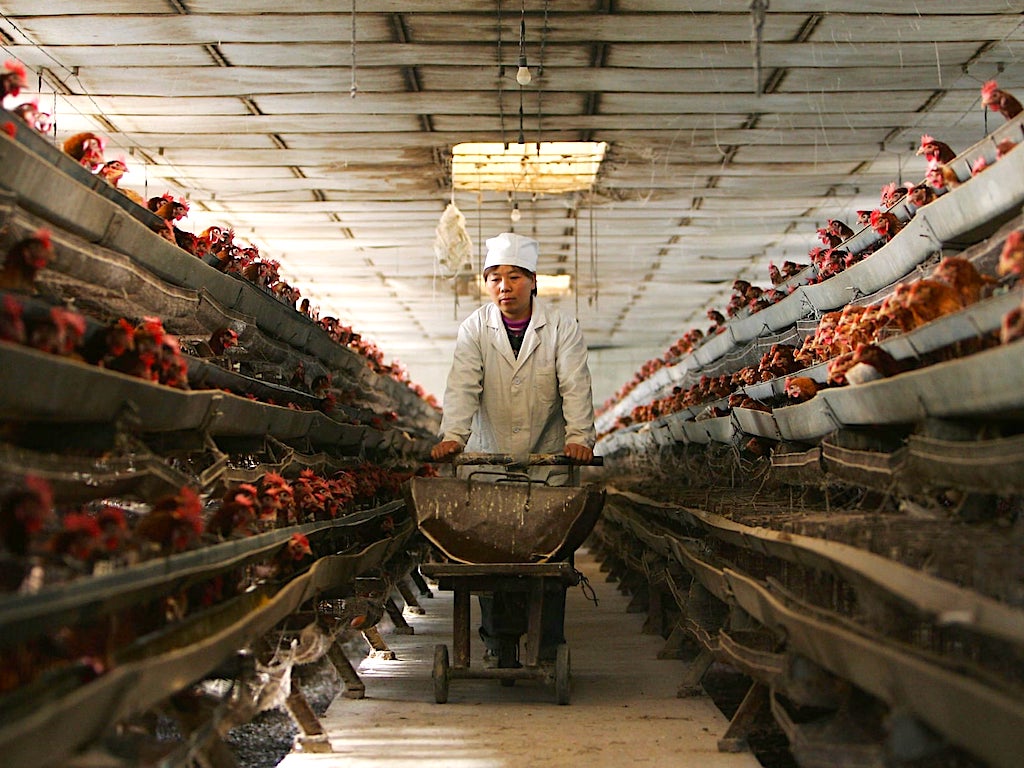3 Mins Read
Analysts have warned investors that the lack of compliance to environmental, social and governance (ESG) risks amongst publicly listed meat companies in Asia makes them highly susceptible to zoonotic diseases. The report also lists meat companies as high-risk because they are likely to foster future pandemics.
Commissioned by the global collaborative investor network FAIRR, the new report, titled An Industry Infected, states that three-quarters of the world’s 60 biggest meat, fish and dairy companies are rated high-risk for failure to comply with ESG disclosures, making them vulnerable to becoming both hotbeds of viral outbreaks and sources of new emerging zoonotic diseases. Of the 44 meat firms within the high-risk category, almost two thirds are located in Asia, the report finds.
“Asia-based companies tend to lag behind with respect to public disclosure and transparency,” said the report’s authors.
These findings come as the current coronavirus pandemic continues to upend the global economy and has exposed the vulnerabilities and dangers of our food supply chains, particularly in the meat industry, where slaughterhouses across the world have recorded major outbreaks of Covid-19.
The animal protein companies in the report were measured according to six main criteria relevant to preventing future disease outbreaks. These benchmarks include worker safety, food safety, animal welfare, biodiversity management, deforestation, and antibiotic stewardship.
“Our results show that across all seven ESG risk and opportunity factors, companies are doing far too little to measure and manage pandemic risk,” stated the report. “And significantly, none of the companies considered are low risk.”
Previous and ongoing research has time and again found that the conditions common in meat plants, slaughterhouses and factory farms – poor safety protocols, overuse of antibiotics, confinement of animals in close quarters – are linked to encouraging the transmission of viruses from animals to humans. Most recently, the United Nations FAO highlighted the demand for animal protein and intensive animal agriculture as key drivers of emerging zoonotic diseases.
Consumers are increasingly open to plant-based alternatives, with sales sky-rocketing across many markets, including the US and China.
An Industry Infected FAIRR Report
According to the analysts, the main reason behind the substantially higher numbers of high-risk ratings in the Asian meat industry is due to the lack of prioritisation of ESG risks. ESG factors are becoming increasingly crucial metrics for investment decisions in recent years, particularly due to rising awareness of the impacts of climate change, and now, the consequences of public health emergencies such as pandemics as well.
Investors could be exposed to poor financial returns and more economic losses to come if they place their bets on companies that continue to operate using a “business-as-usual” approach, the FAIRR report warns.
While the financial future of the meat industry is dire, the researchers say that the coronavirus has given rise to new medium-term investment opportunities. The pandemic, which has shifted consumer preferences towards more sustainable, crisis-resilient and safer alternative proteins, has meant that plant-based companies will see strong growth, a trend that many investors are already capitalising on.
“Consumers are increasingly open to plant-based alternatives, with sales sky-rocketing across many markets, including the US and China,” said the report, adding that the supply chain disruption has meant that plant-based substitutes are able to compete on price against conventional meat products.
On top of the pandemic, consumers in Asia are also increasingly worried about livestock diseases, including the ongoing African swine fever that has wiped out China’s pork supplies, as well as resurgences such as the Div1 shrimp virus affecting aquaculture farms.
“Taken together, these factors result in an industry that is more resilient to external shocks.”
Lead image courtesy of China Photos / Getty Images.




